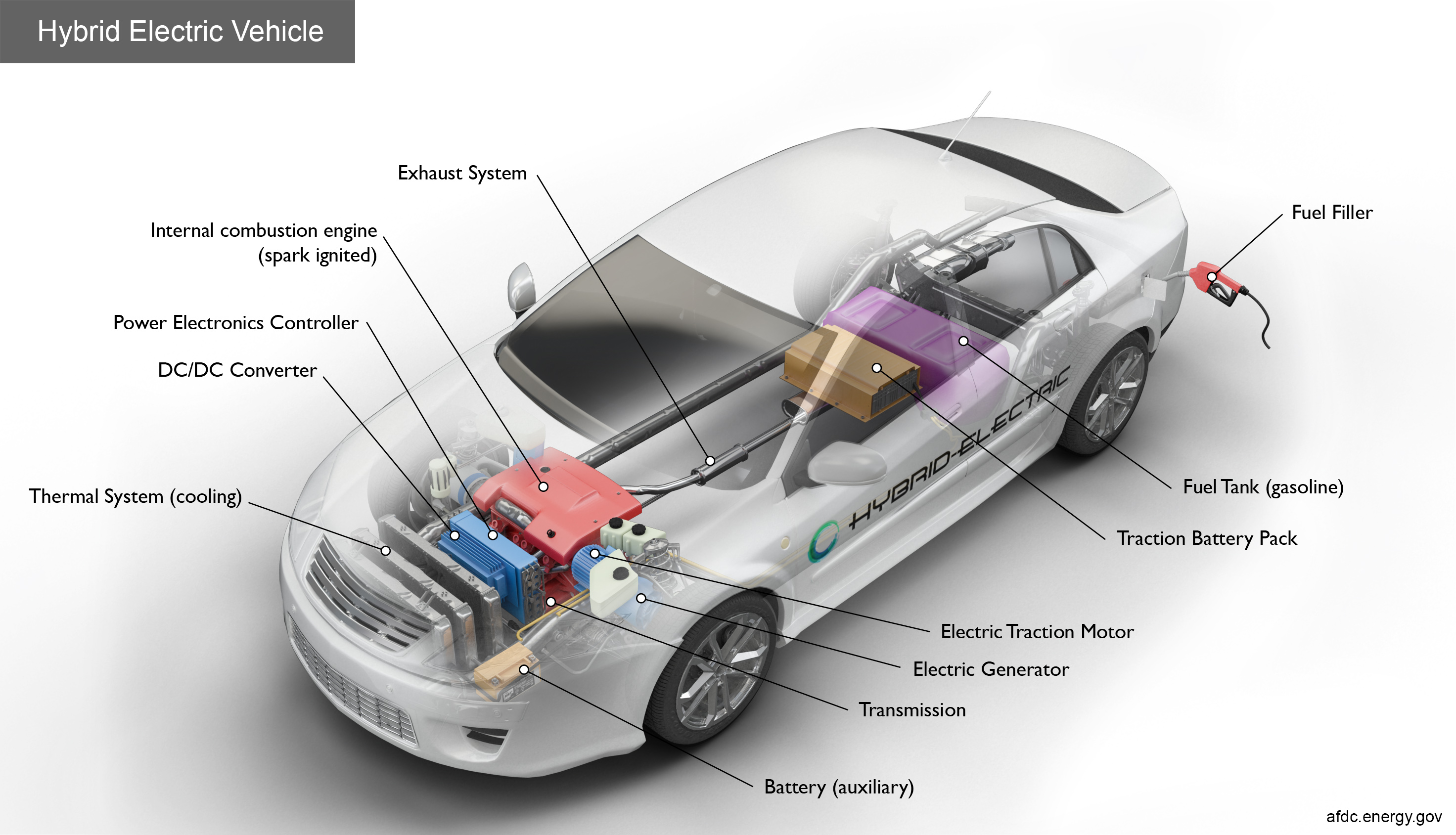CJ Attard Insights
Exploring the latest trends and insights in various industries.
Hybrid Hype: Are They Really the Future of Driving?
Discover the truth behind hybrid cars and whether they hold the key to the future of driving in our exciting new blog post!
The Rise of Hybrid Vehicles: Key Benefits and Drawbacks
The rise of hybrid vehicles in recent years has marked a significant shift in the automotive industry, driven by the growing demand for environmentally friendly transportation options. These vehicles combine a conventional internal combustion engine with an electric motor, resulting in improved fuel efficiency and lower emissions. One of the key benefits of hybrid vehicles is their ability to reduce fuel consumption, which translates into cost savings for drivers. Additionally, hybrids often qualify for various government incentives, further encouraging consumers to make the switch. With advancements in technology, many hybrids now offer impressive performance metrics, making them an appealing choice for eco-conscious consumers looking to reduce their carbon footprint.
However, the key drawbacks of hybrid vehicles should not be overlooked. One significant concern is the initial purchase price, which is often higher than that of traditional vehicles due to the complex technology involved. Furthermore, while hybrids reduce emissions, they still rely on fossil fuels and may not be as eco-friendly as fully electric vehicles. Battery replacement costs can also be substantial, impacting long-term ownership expenses. Additionally, the availability of charging stations can vary by region, posing a challenge for some potential buyers. As with any technological advancement, it's essential for consumers to weigh both the benefits and drawbacks before making a decision.

Hybrid vs. Electric: Which Technology Will Shape Our Driving Future?
As the automotive industry evolves, the debate between hybrid and electric vehicles (EVs) intensifies. Each technology has its unique advantages that appeal to environmentally conscious consumers, yet their approaches to sustainability differ significantly. Hybrids, which combine traditional internal combustion engines with electric propulsion, offer the flexibility of using gasoline alongside electricity. This capability can help alleviate 'range anxiety'—a common concern for potential EV buyers worried about battery life and charging infrastructure. Conversely, electric vehicles are powered solely by electricity, aligning perfectly with zero-emission goals and contributing directly to reducing carbon footprints when charged with renewable energy sources.
The future of driving likely hinges on how these technologies adapt and innovate. Electric vehicles are rapidly advancing, with increasing battery efficiency and decreasing charging times. Many governments are investing heavily in EV infrastructure, making it easier than ever for consumers to make the switch. On the other hand, hybrid vehicles serve as a transitional solution, appealing to those who are not yet ready to fully commit to electric driving. As both technologies continue to develop, they will play pivotal roles in shaping a more sustainable automotive landscape. Ultimately, the choice between hybrid and electric technology will depend on individual preferences, lifestyle needs, and environmental considerations.
Are Hybrids the Solution to Climate Change in the Automotive Industry?
The automotive industry is witnessing a significant shift in response to the pressing challenge of climate change. With growing concerns over greenhouse gas emissions and pollution, hybrid vehicles have emerged as a pivotal solution. These vehicles, which combine traditional internal combustion engines with electric propulsion, offer an attractive middle ground between conventional cars and fully electric vehicles. By reducing fuel consumption and emissions, hybrids can help significantly lower the carbon footprint associated with transportation, making them an integral part of a more sustainable future.
Despite their advantages, the adoption of hybrids alone may not suffice to combat climate change effectively. It is essential for consumers, manufacturers, and policymakers to collaborate in promoting alternative fuels, investing in infrastructure, and encouraging the adoption of electric vehicles. Ultimately, while hybrids represent a step in the right direction, a comprehensive approach that includes multiple technologies and solutions will be necessary to achieve significant reductions in automotive emissions and drive meaningful progress in addressing climate change.